It’s mid-afternoon in Bondi and Elise Loehnen has just ordered a croissant.
It’s a simple enough choice but for the LA writer-turned-podcaster it is also a tiny act of rebellion. At 43, after two decades of working in women’s magazines and for wellness brand Goop, Loehnen is trying to reset her approach to food and dieting.
“I’m just trying to let myself live and eat and enjoy life without constantly needing to restrict or punish,” she says in an expansive Californian accent. “You know – that spectrum of disordered eating… restricting, restricting, permitting. That [voice] that says, ‘You should not be eating this croissant, you know?”
I nod. Of course, I know. Most women know this voice.
It is this inner voice – the one that tells women they should strive to be thin; that they should always put others’ needs before their own; that they should work tirelessly and keep busy, never rest – that Loehnen has put at the centre of her new book, On Our Best Behaviour; the price women pay to be good.
In it, she examines the myriad ways in which women are too hard on themselves and each other, and how this internal policing affects the way we work, parent and navigate the world… and how exhausting it is to conform to these invisible standards, day in and day out.
“I see it and feel, viscerally, how tired I am of controlling my own behaviour, of bending myself to abide my cultural expectations,” she writes in On Our Best Behaviour.
I see it and feel, viscerally, how tired I am of controlling my own behaviour.
As we talk, Loehnen is perched on a café stool, wearing pristine white trousers and a caramel shirt. Her dark brown hair is styled into a wavy pixie cut, and perfectly applied make-up still looks fresh thanks to a TV interview earlier in the day. As her drawn-out LA vowels float through the open window out on to the Bondi street beyond, I half-expect people to recognise her.
After all, although Loehnen is not a celebrity, she commands a dedicated following among a certain subset of in-the-know women thanks to her popular podcast Pulling The Thread. In it she experts and “deep thinkers” about “life’s biggest questions”.
Loehnen might also be familiar from her starring role in the Netlfix series, The goop Lab. She was the chief content officer of goop at the time and appeared in the series alongside her boss Gwyneth Paltrow as they tested out alternative therapies, ranging from ice baths and “snowga” (yep) to MDMA therapy.
The show was praised and vilified in equal measure, with some critics accusing it of legitimising pseudoscience and others celebrating its willingness to look beyond traditional Western medicine.
As much as I want to ask about goop (and Paltrow), Loehnen’s book publicist warns me that both topics are strictly off-limits. So, even though Loehnen worked at the wellness empire for five years, and her book hints at a slightly unexpected exit, she won’t be drawn on either subject. In fact, throughout our interview she manages to avoid the words “Gwyneth Paltrow” and “goop” altogether.
Instead, we focus on Loehnen’s post-goop life, and her take on the pressures faced by modern women.
Loehnen started writing On Our Best Behavour in 2020 after witnessing what she describes as “the mass cancelling” of so-called “girl bosses’”.
That year, in the space of a few months, the female founders of high-flying millennial brands like The Wing (Audrey Gelman), Away (Steph Korey), Man Repeller (Leandra Medine) and Refinery 29 (Christine Barberich) were all toppled, one by one, from their roles, amid nebulous rumours about a lack of inclusivity or difficult behaviour.
“It just felt like an endless reckoning,” says Loehnen now. “I’m sure there were real issues there, but it didn’t seem grounded in anything. I just wanted to understand why reputational damage to a woman is so powerful, while recognising that it has always been powerful. Whereas you can say that a man is a bad person, a rapist even, and so long as you perceive him to be powerful, we will still venerate him.”
It just felt like an endless reckoning.
Female celebrities like Anne Hathaway have suffered similar vilification simply for being perceived as unlikeable, she adds. And Gwyneth Paltrow, too? I suggest. “I’m not going to say that,” she replies in a clipped voice.
Loehnen’s search for answers takes her in some pretty wild directions; in her book, she looks at the ways in which patriarchal beliefs are threaded throughout history and religion, and quotes psychologists, philosophers and medical professors, as well as TV producers, psychic mediums and… Oprah.
This democratic approach to interviews is vintage Loehnen. She is after all, someone who believes in past lives and once underwent an energy cleansing session on global television. This is not to say she is flaky. At all. Loehnen is articulate, Yale-educated and highly self-aware (“This is next-level, bat-shit crazy” is how she describes one particularly out-there psychic experience with a laugh). Nor is she apologetic about her unconventional lines of enquiry. For Loehnen, no theories – particularly those that favour the spiritual or intuitive over the scientific – should be summarily discounted.
In the course of all this research, Loehnen eventually arrived at one fundamental truth: that men have always been trained for power, while women have always been trained for “goodness”. Not only that, but these beliefs have become so entrenched that women have internalised them, effectively colluding in our own subordination. What has is sometimes overlooked, she says, is the role women themselves play in this destructive cycle.
“I think we’ve been taught to continually look out ‘there’ at the system,” she says carefully “And that’s worth doing. I’m not suggesting we don’t need to apply pressure there. But it’s always like ‘It’s their fault, it’s them’.
I think we’ve been taught to continually look out ‘there’ at the system.
Although she is at pains to point out that patriarchal frameworks should and must be dismantled, Loehnen believes women need to be alert to the ways in which we inadvertently compromise to accommodate these beliefs.
“Where does it come from? I am acting like the patriarchy is doing this to me… and actually the conditioning and the programming means that I’m enforcing it in myself.”
She is also aware that, as the content lead at goop, she bears some responsibility for the brand’s never-ending focus on self-optimisation. “I take personal responsibility for … this idea that there’s always something to do, there’s always some way to be better.”
One area in which women are constantly setting ever-higher standards is motherhood, says Loehnen.
The author, who has two primary-school-aged boys, believes there has been a seismic shift in the way we parent compared to our mothers’ generation. In short, it’s become much more intense, and we are only making it worse.
“I grew up in an era of benign neglect,” she says. “I had an amazing childhood, reading, writing, riding horses. But I didn’t have a lot of my parents’ focused attention in the way that has become the expectation now… which is that if you’re not parenting all the time and in a full-on way and commemorating it on social media then you’re an inadequate parent.
Today, if you’re not parenting all the time and commemorating it on social media then you’re an inadequate parent.
“What I see happening is a ratcheting up [of parenting expectations],” she continues, explaining that when she was a child, it was normal for men, usually, to arrive home after work and expect to be given space by their wife and children in order to relax and recharge. The opposite occurs today, she says.
“I will come back to [LA] from this trip – which has been amazing,” she adds quickly. “But also exhausting, and I will immediately go into compensating [mode] to my kids. I’m can’t say, ‘I’m actually really tired and I haven’t had a weekend off in three weeks.’ It will be, ‘I need to make this up to you’.”
It’s this ability to identify universal experiences shared by Millennial women, and articulate the social pressures and beliefs that shape them, that has helped earn Loehnen such a dedicated following. After her book was released, it shot up The New York Times bestseller list, and since then she has been extensively interviewed about its themes.
But articulating women’s struggles and actually coming up with an answer for them are two different things. I have two children myself, I tell her. What is the solution to all this self-sabotage, damnit?
She laughs.
In her own life, she has been trying to give herself more of a break, both when it comes to housework and in terms of her workaholism. Fundamentally, though “it’s just being really present, and noticing my inability to just sit down and watch TV with my husband.”
Loehnen is also addressing her body image issues. “I’ve done so much work around my body,” she says. “Which is relentless, ongoing and painful work because body and morality are so tethered together.”
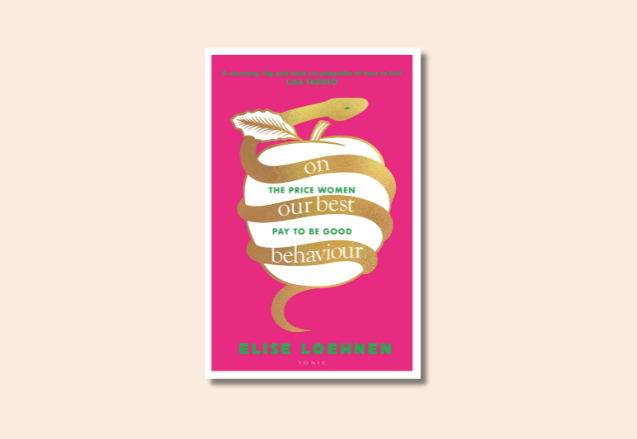
Generally speaking, she believes we women need to start taking notice of the ways in which we tie ourselves into knots to uphold feminine ideals. “And when we identify that feeling, [it’s about] thinking of ways to fix the system that makes us feel that way.”
Put that way, it all sounds so simple. A few minutes later, we pack up and part ways. As we leave, I notice that Loehnen has left half her croissant on her plate.
Maybe not so simple after all.
Want more stories like this? Sign up to PRIMER’s free weekly newsletter.




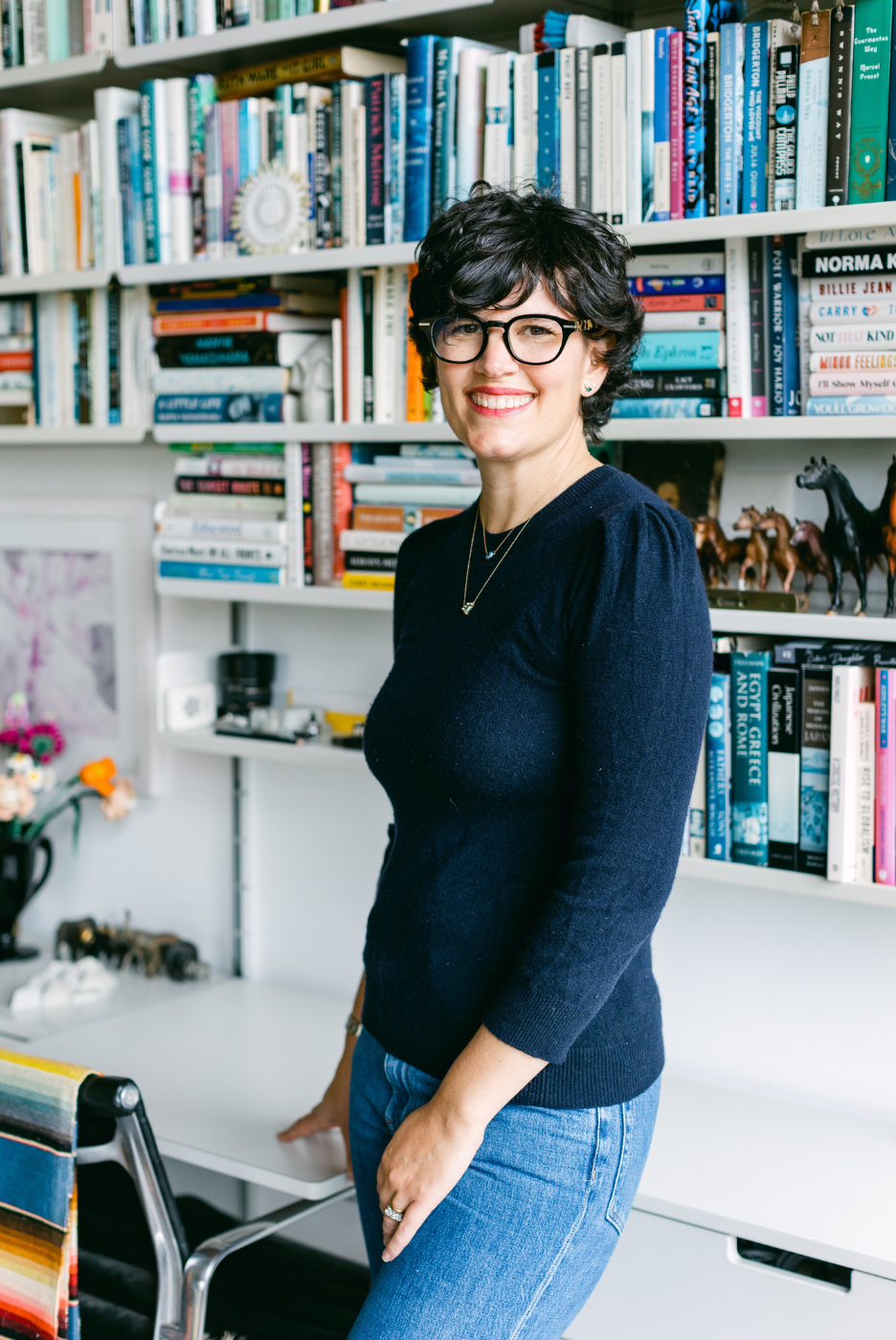
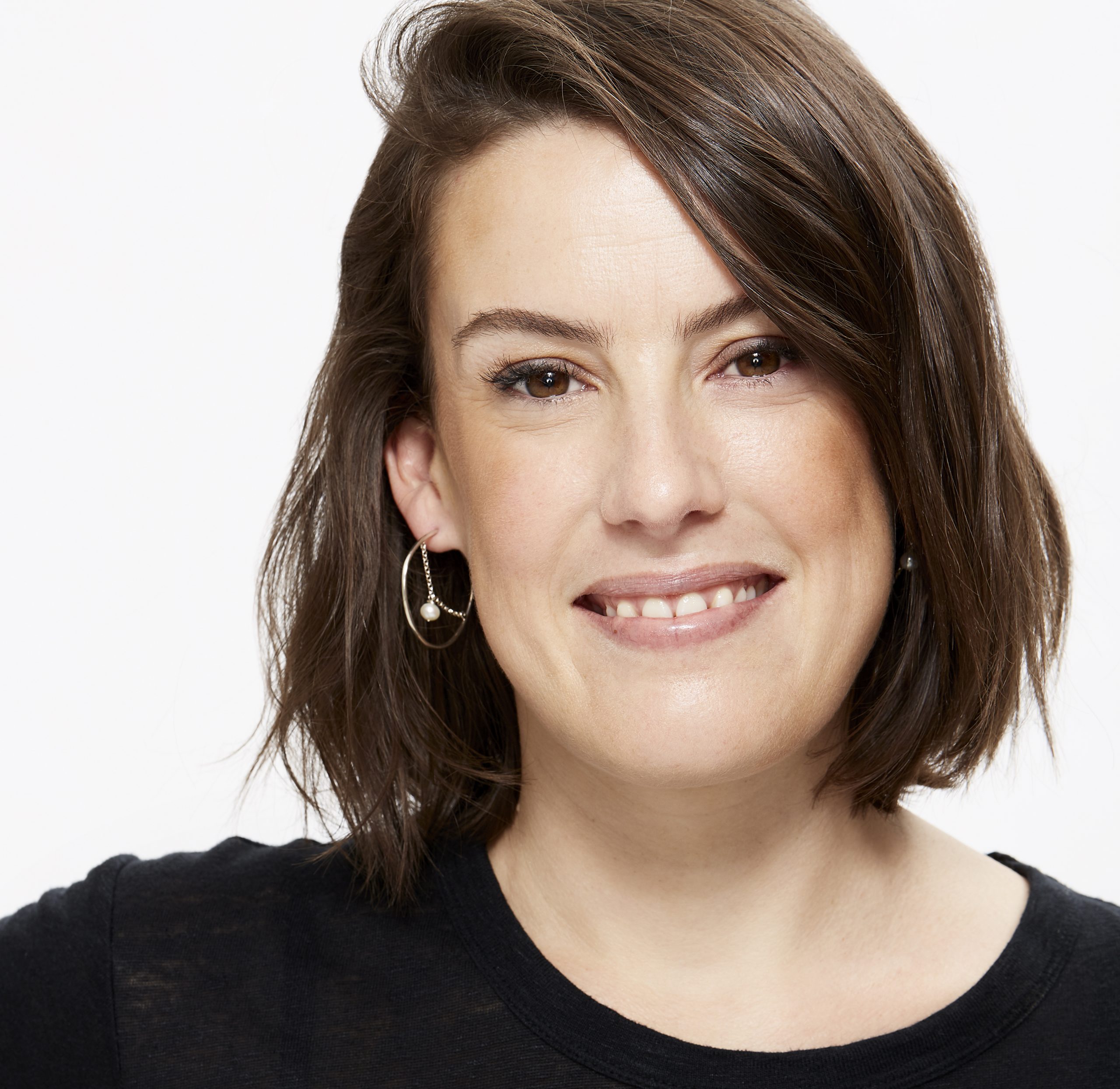

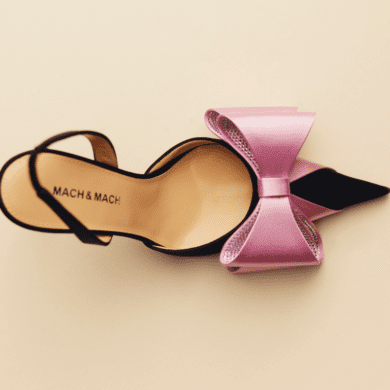




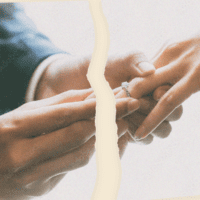
No Comments